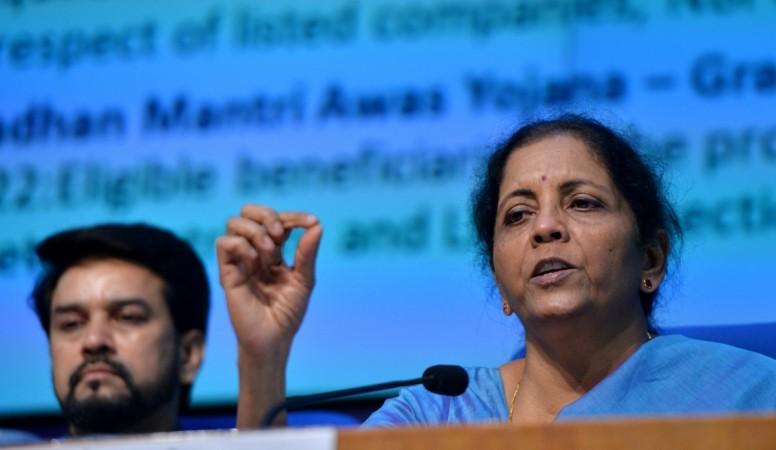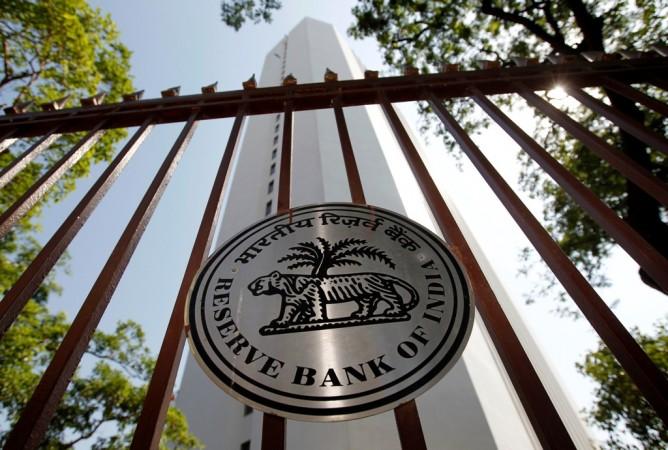
Days after announcing a slew of tax cuts for the corporate sector that would cost the government around Rs 1.45 lakh crore, the Centre is mooting plans for another round of disinvestment. Moreover, the government is hoping to recoup the amount through the collection of tax arrears and widening of the tax base and higher growth, Hindustan Times has reported.
Government officials on the condition of anonymity have also said that the government is also considering to utilise a part of Rs 1.76 lakh crore surplus it received from the Reserve Bank of India (RBI). The officials argued the main objective of the government is to achieve a target of fiscal deficit at around 3.3 per cent of GDP in the current financial year.
Moreover, the Centre may opt for using buffer, which means a slight deviation from the target, and then closes the deficit again once the economy is back on a high growth track. Last month, the government's exchequer received Rs 1.76 lakh crore from RBI in the form of a transfer of dividend and surplus as per the recommendation by Jalan panel. Notably, the amount was double than the budgeted amount of Rs 90,000 crore. However, until now the finance ministry is yet to take a decision of the surplus amount received from the central bank. Many economists argued against the transfer of surplus as it poses a threat to RBI's reserve.

SR Patnaik, partner, and head – Taxation, Cyril Amarchand Mangaldas, said, "Partial usage of RBI money should be alright so long as the usage does not exceed the current income of the RBI. This is a temporary mismatch of revenues and expenses and it is expected that over a period of time, it will provide sufficient confidence to the industry to restart the private greenfield capital investments which in turn, should provide the additional revenues to the government in terms of additional taxes."
Tax experts are of the opinion that the government should take concrete measures to raise non-tax revenues and garner disinvestment proceeds. DK Srivastava, chief policy advisor, EY India, agued, "The impact of the CIT [corporate income tax] rate reductions along with export incentives announced prior to these on fiscal deficit will depend on the extent of economic recovery in the remaining part of the fiscal year. A good part of the additional RBI dividends may be used to cover for revenue overestimation in the 2019-20 budget. However, some of it may become available for balancing the reform-related revenue foregone."
















